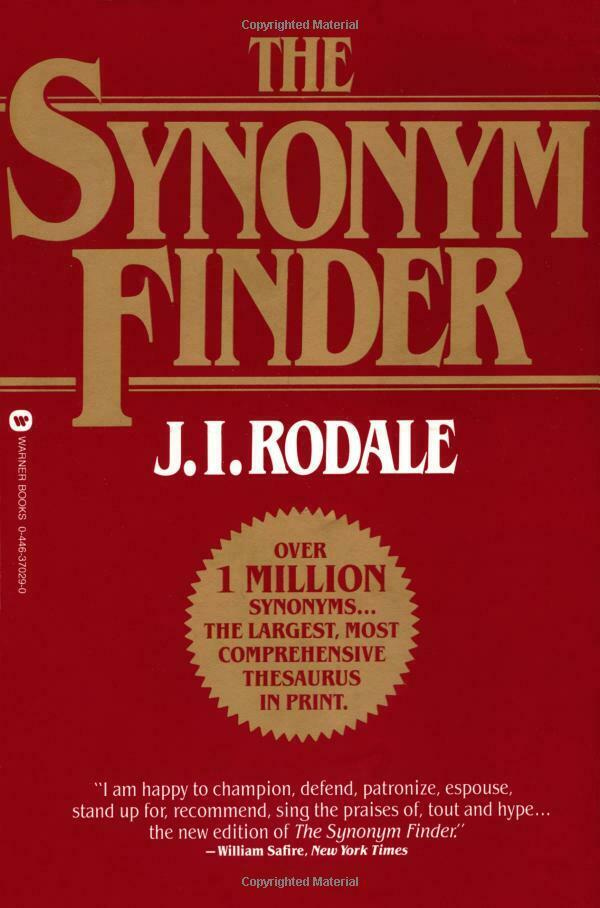Digihitch
Hitchhiking encouragement
This a website promoting hitchhiking. You didn’t used to need a website to hitchhike, only a thumb and pulse. I’ve spent a lot of time standing by the side of the road with my thumb out, and it led to some of the best days of my life. Times are different now.
What this site offers is mostly encouragement. Stories of other hitchhikers having a blast, reassurances that hitching is safe and legal, and suggestions about where in the world the natives are friendly to hitchers.
If you’ll hitch, I’ll pick you up.
— KK
05/27/09Excerpt
Isn't hitchhiking illegal in many areas? The short answer is: no.
*
Hitchhiking is not as popular in North America as it was 30 years ago, but it is still legal if one follows the laws of each state. Also, hitchhiking is still a viable mode of transportation in many other areas around the world, including Europe, parts of Asia, Africa, Australia, etc.
The most common law related to hitchhiking in the United States has been established in the Uniform Vehicle Code (UVC). It states:
No person shall stand in a roadway for the purpose of soliciting a ride.
What many people fail to realize is that a roadway is defined (in the same UVC) as:
That portion of a highway improved, designed or ordinarily used for vehicular travel, exclusive of the sidewalk, berm or shoulder even though such sidewalk, berm or shoulder is used by persons riding bicycles or other human powered vehicles.
As you can see, the law only states that hitchhikers cannot stand in a driving lane (good idea, huh?), but they can stand on the shoulder or sidewalk of a road. A further code mentions that US States have the right to restrict pedestrians (i.e. hitchhikers) from entering certain highways (interstate routes, for example), but must post a sign if this is the case.
What it all boils down to is this. Hitchhiking is not only possible in the US, but also legal. Many US States have adapted the above code to their own liking, though keeping a similar wording. You can research more about current hitchhiking-related laws in the digihitch USA section.
*
I held up a sign in Japanese: "Kaze o fuku mama, ki no mukoo mama," loosely translated to mean: "Wherever the wind blows, so too will my feelings take me." A folk singer I met thought it would be funny if I tried hitchhiking displaying this old song lyric.
It was funny. So funny, in fact, people stopped their cars to take pictures of me, and then drove away.
*
I had been stuck at an entrance ramp for hours [in Belgium]. I was joined by a six foot five fellow hitchhiker carrying what looked like a body bag.
A car stopped for us, and the woman inside hit the button to lower the passenger side window. She peered out of the opening at us. "Are you dangerous?" I shrugged my shoulders and said "Not me," turning to my fellow hitchhiker, "Are you?" "No."
She let us into the car. She was a child psychologist, specializing in abnormal psychology, claiming she could tell by our body language during the response that we were, indeed safe.
*
Double your chances of getting picked up by using a cardboard destination sign, like these from a European trip.
*
During the past fifteen years I've hitchhiked through over a dozen countries, spending months at a time begging rides. Everyone from grandmothers to soccer hooligans have stopped for me. Rebels pick me up to bond with a fellow outlier of the system, while law and order types give rides to keep me from harm, or to make sure I cause none. I've been treated to steak dinners, been given free lodging, plenty of free advice and even some cash. I've slept in driver's mansions, in rest stops, and in road side culverts. I've traveled at 150mph with an executive in a new Mercedes across the German autobahn, and I've limped through the hills of central Japan in a sputtering Toyota van with a Japanese rhythm and blues band.









